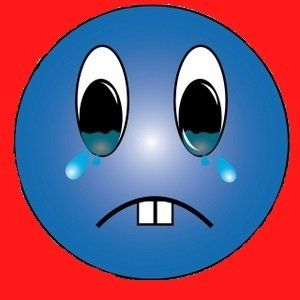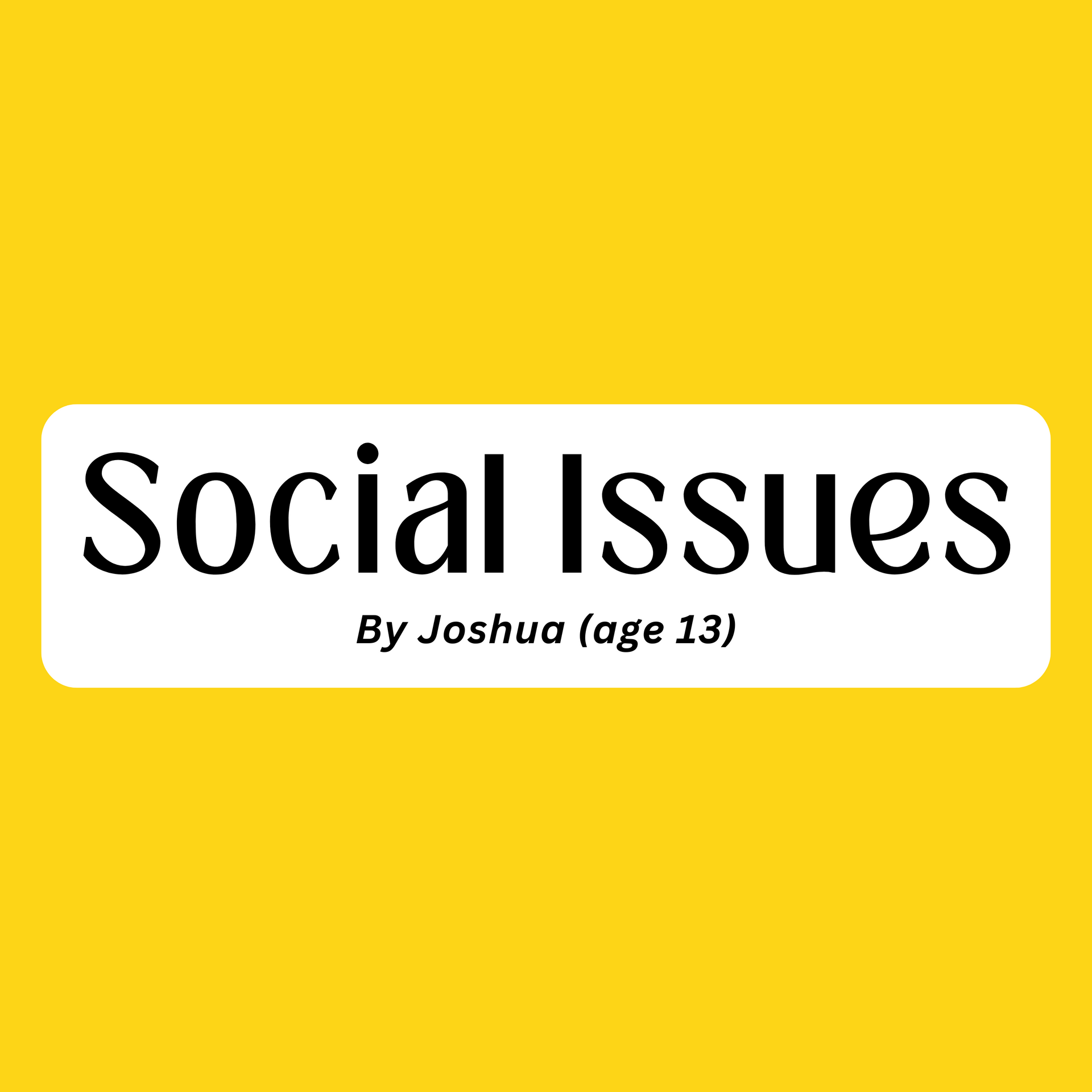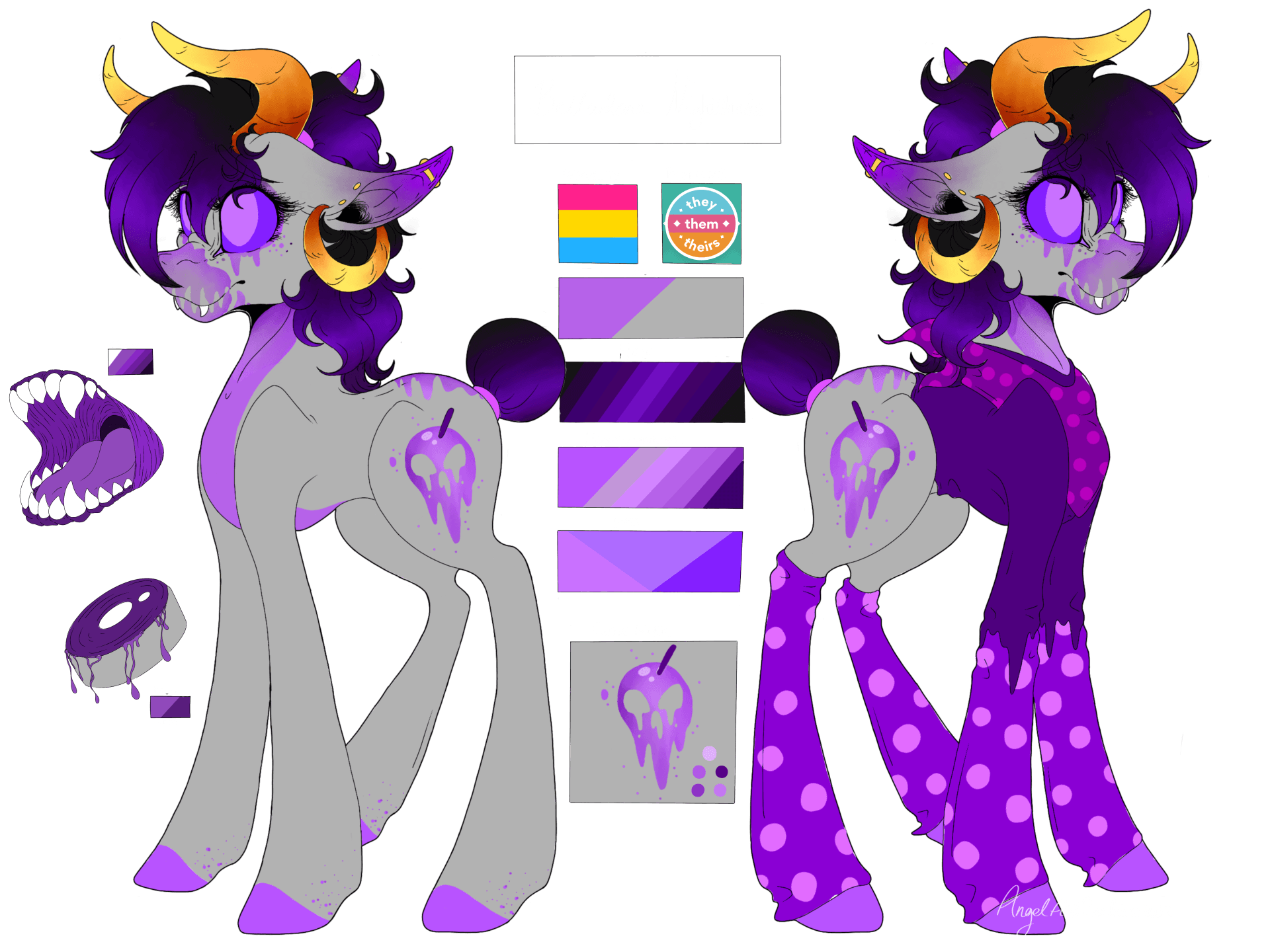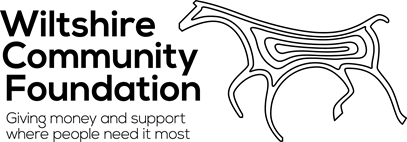#iDare Blog: By young people, for young people
Autism & Mental Health
#iDareToBeMe
Hi my name is Chloe and I have Autism.
I wrote an article for our last edition explaining what life was like for me whilst I was growing up and how things changed when I had my Autism diagnosis. So this month I wanted to write a slightly different article focusing on mental health and Autism, because it is reported that at any one time up to 40% of autistic people have a diagnosed mental health condition, compared to 15% in the wider population, with anxiety, depression and OCD being most common ( www.autism.org.uk).
What is Autism?
Autism is a lifelong, developmental disability that affects how a person communicates with and relates to other people, and how they experience the world around them. It affects more than 1 in 100 people - that means that there are over 700,000 people on the Autistic spectrum in the UK alone. More boys and men are diagnosed with autism than girls and women, but it's now thought older girls and women may manage the condition differently and are therefore go underdiagnosed.
Some may not speak or have fairly limited speech - they will often understand more of what other people say to them than they are able to express yet may struggle with vagueness or abstract concepts. Some autistic people benefit from using, or prefer to use, alternative means of communication, such as sign language or visual symbols.
Others have good language skills, but they may still find it hard to understand the expectations of others within conversations, perhaps repeating what the other person has just said (this is called echolalia) or talking at length about their own interests (this is SOOOOOO me!).
Autistic people may also experience over or under-sensitivity to sounds, touch, tastes, smells, light, colours, temperatures or pain. For example, they may find certain background sounds, which other people ignore or block out, unbearably loud or distracting. This can cause anxiety or even physical pain. And this is why I often need to have my earphones in so that I’m not distracted by unexpected noises in the background.
What it was like
I found that people didn’t understand me or my disability - communication was difficult, and maintaining eye contact whilst talking was always hard. Expressing my feeling was also difficult, so it was rare that I did it. This meant I didn’t socialize with people of my age and felt quite isolated. When I was younger I was often bullied at school because I was different and this made me hate my life, and myself. I hated that I was different, and I didn’t understand why I was different.
Before I was diagnosed, I was very depressed, and I got very low when I felt like I didn’t fit anywhere and I struggled to explain to people how I was feeling. I got frustrated when I couldn’t do things as well or as easily as other people, and it made me angry with myself, so there were times when I had anger issues, and I had lots of arguments with my friends and family because I didn’t know how to handle things.
I also felt a lot of anxiety when growing up and would do things like bite my lips, pick at my fingers until they would bleed, and pull out bits of my hair. I knew I shouldn’t but it was like my mind and my body took over and I was just a passenger.
It was a lonely time growing up, but after my diagnosis at 15 things become a bit easier because, finally, I had a reason to explain why I felt the way I did and the difficulties I’d faced. I had help from mum and dad, and started working with support agencies like STEP who taught me coping strategies for my mental health issues like anxiety and anger, as well as help me understand myself better.
My Coping Strategies
- I usually put music on through my earphones because it helps me concentrate and get less distracted by noises.
- I explain to people things I don’t like, such as being approached from behind and surprised, as this makes me anxious, and most people respect this when I tell them.
- I now raise my hand when I have something to say in group situations, because it means that the people can tell me when its ok to speak rather than me interrupting because I can’t tell when to speak up and when to listen.
- I like routine, so doing new things is a bit difficult, but by making myself do them more it makes me less anxious.
- I found a mentor through SMASH and she really helped me to talk about what was going on inside my head, understand myself better, and actually start to like myself again.
Looking back now I don’t know how I coped for so long before my diagnosis and getting help afterwards, and even after that, it was still a long difficult journey, but I took it one day at a time and now I really feel like I’m looking forward to the life I have in front of me.
#iDareToBeMe












